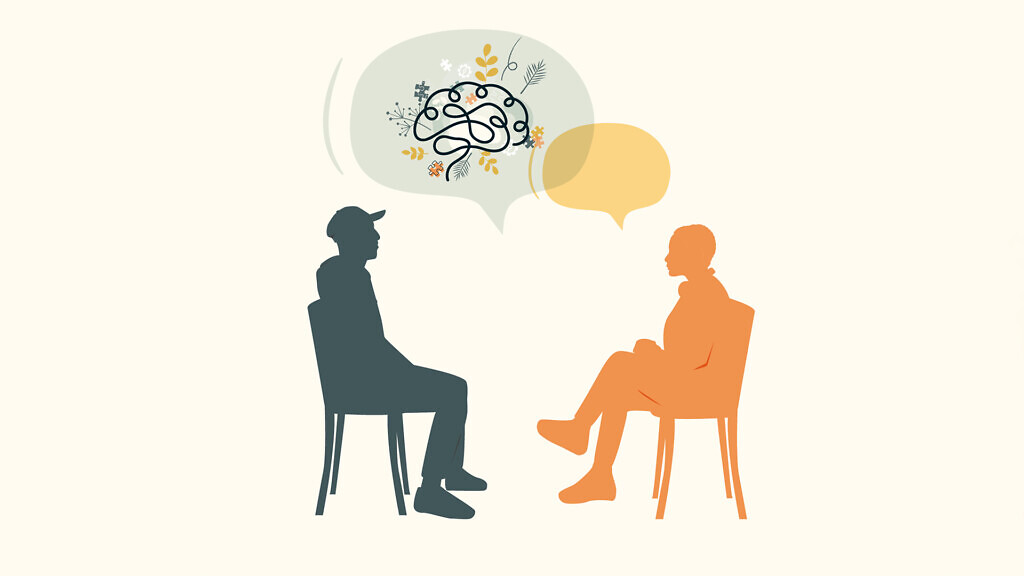Work is a huge part of our lives, so it’s vital that we’re happy and healthy when we’re there. But what should we do when work is the cause of stress and mental ill health for a colleague or employee asks Dr. Robin Clark, Medical Director for Bupa Global, India and UK Insurance?
The issue
A Bupa survey recently found that more than half of employees (57%) admit to having struggled with some form of addiction, including alcohol (15%), gambling (14%), and recreational drugs (7%). And just over a third (34%) report having used or witnessed substance use or addictive behaviours during work hours.
For those who have battled addiction, stress is reported to be a major driver, as almost half of employees surveyed (48%) say they’ve turned to addictive behaviours as a way to cope with professional stress, while 46% cite work-related pressure as a contributing factor. For two in five (40%), it’s the workplace culture itself that plays a role in fuelling these behaviours.
There is very little research on addiction among doctors, however back in 1998, a British Medical Association Working Group suggested that as many as one in 15 doctors in the UK may suffer from some form of dependence on alcohol and/or other drugs. This equates to approximately 13,000 doctors and is growing each year.
Bupa’s survey comes as Dr Alan Stout, Northern Ireland chair of the British Medical Association, spoke about how medical staff in Northern Ireland are suffering from a mental health crisis as a result of poor conditions and abuse from patients.
Dr Stout talked about how doctors are at higher risk of occupational stress, addictions, infections, and exposure to violence. He also said that they’re very poor at self-help and accessing help, so problems can escalate quite quickly.
This is backed up by mental health charity Mind which found that less than half of people who struggle with mental health issues speak to their managers about it.

The signs
As colleagues and managers, it’s important that we are aware of the signs of poor mental health and addiction so we can support those who are struggling. We can use them as a way of noticing when to check in and start a conversation about how they’re coping right now.
Some early signs might be:
- Poor concentration
- Being easily distracted
- Worrying more
- Finding it hard to make decisions
- Low mood
- Feeling overwhelmed by things
- Tiredness and lack of energy
- Talking less, or a flat, slow way of speaking
- Avoiding social activities
- Talking more or talking very fast, jumping between topics and ideas
- Finding it difficult to control their emotions
- Drinking more
- Irritability and short temper
- Aggression
If someone is misusing drugs or alcohol, you may notice symptoms of this such as:
- Frequent absence from work
- Decline in performance or productivity
- Accidents or near misses
- Changes in behaviour
Employees with behavioural addictions may also have similar symptoms as those with substance addictions. They may also be restless or irritable when they’re unable to engage in the activity they’re addicted to.
Starting a conversation
At Bupa, we have resources that can help you approach the conversation. Our workplace mental health hub provides further guidance on talking about mental health problems and dealing with disclosure.
Something as simple as ‘How are you?’ is a good place to begin. Let them know that the discussion is confidential, but some information sharing may be necessary.
Choose honest and open questions rather than avoiding the issue completely or referring to it indirectly. For example:
- “You seem a bit down lately and I’d like to take some time to check in with you.”
- “I’ve noticed that you’ve had more days off than usual recently – I just wanted to check in with you and ask whether there was anything I could do to help?”
- When discussing addiction, provide specific examples of behaviour at work that has caused concern such as unkempt dress, punctuality, or a change in attitude.

Keeping the conversation going
The way you listen and respond could affect how much your colleague or employee tells you and how comfortable they feel about further disclosure. These tips could help:
- Ask simple, open and non-judgmental questions – let them explain in their own words. Give them time and be prepared for some silences.
- Don’t interrupt or impose your opinions or ideas.
- Show empathy and understanding. Don’t make assumptions about what they’re experiencing or try to guess how it will affect their work.
- Make sure they don’t feel pressured or judged if you’re discussing addiction. Avoid outwardly using the terms ‘addiction’ or ‘addict’. Instead, try saying ‘excessive use’ or ‘frequent use’ when talking about substance misuse.
Next steps
As a manager, it’s important to understand any policies your organisation has relating to mental health and wellbeing, and also to understand any legal obligations on you or your organisation.
Check how aware the person is of support options offered by your organisation.
Doctors in Distress provides a range of support for any healthcare worker who feels like they need it.
The Sick Doctors Trust offers support via a 24-hour helpline and it also takes calls from colleagues and members of the doctors’ families.
The mental health charity Mind offers free resources to support staff mental health.
You can also find a list of organisations offering support for addiction in our Workplace Health and Wellbeing Academy resource: Supporting employees with addiction.




